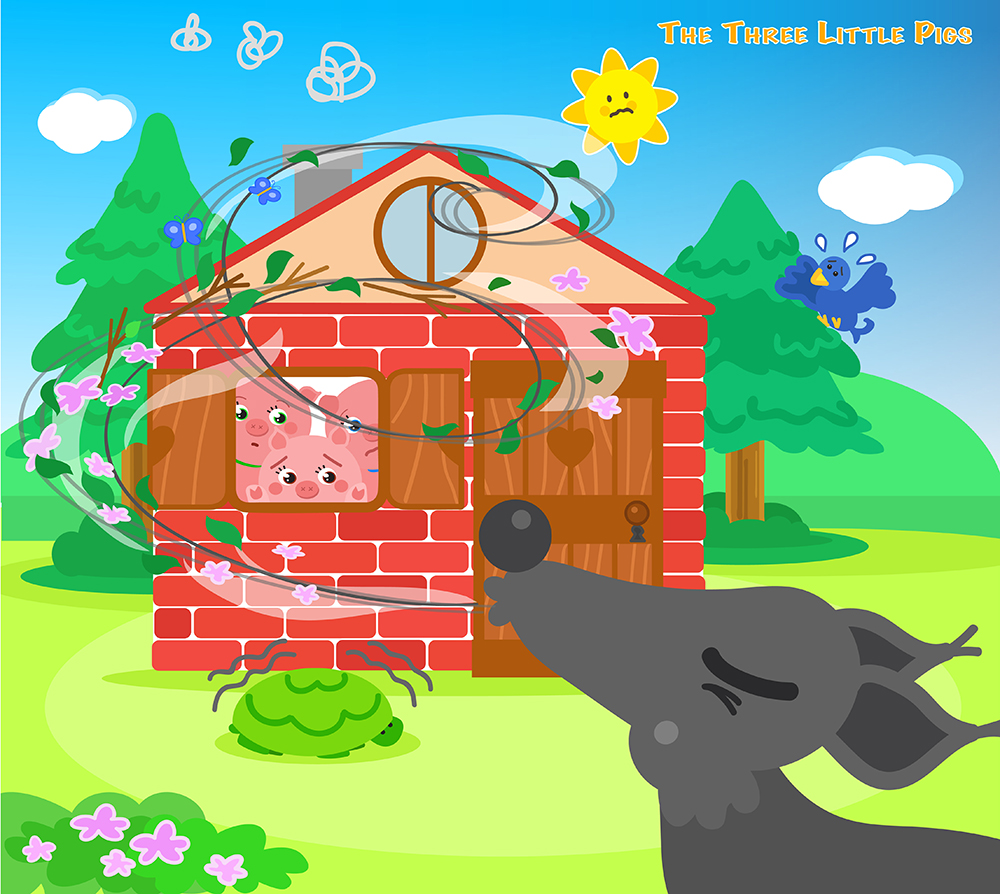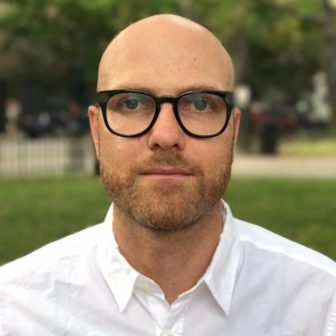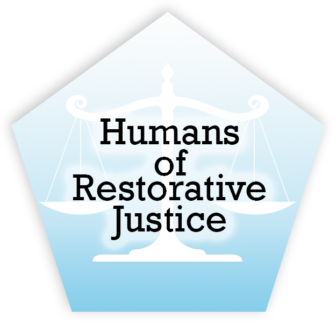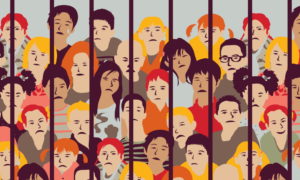
Carla Francesca Castagno/Shutterstock.com
.
Humans of Restorative Justice (HORJ) stories highlight the incredible individuals working to build and restore strong relationships in their communities. They are written and edited by David Levine based on interviews with real-world practitioners. This one is with Ryan, a student at Western Washington University. It’s about a memorable RJ training Ryan attended during his last year of high school.
The first lightbulb moment for me was when I got to attend a restorative justice training for high school students in Seattle. Being surrounded by so many other young learners who shared an interest in this work was incredibly validating. It showed me that I wasn’t the only one who felt that things had to change in our schools, and the energy of the other teenagers in the room was electrifying.
One activity that really stuck with me was when we held a restorative [circle] conference for the characters of the story “The Three Little Pigs” and how they were affected by the Big Bad Wolf. We were trying to get real and restore with someone who blew down your house and tried to eat your brothers; that’s a big conflict to have!

David Levine
A few students played the role of the pigs, and our facilitator acted as the wolf. We shared how upsetting it was to have our house blown down, and how scared we felt. But after we shared we also heard from the wolf. He said he was sorry, but that “wolves get hungry all the time. I had to, there’s nothing I can do about that.”
 We practiced our listening skills by repeating back things we heard and asking genuine questions. I said, “I heard you say that you ‘had to’ do it because you were hungry. Is there any other way that you could get something to eat?”
We practiced our listening skills by repeating back things we heard and asking genuine questions. I said, “I heard you say that you ‘had to’ do it because you were hungry. Is there any other way that you could get something to eat?”
That was the important point of the mediation really, understanding the wolf wasn’t a bad guy, that the real issue was that he was hungry a lot. Once we saw that, we all started to work together on other ways the wolf could eat in the future, without going around terrorizing little pigs. The wolf also shared that he was arrested for what he did, and what that experience was like, how he didn’t want to go back to jail but didn’t know how to change his behaviors.
I saw that day just how far can we take this practice. Even though the activity was funny, it showed how universal this process could be because we could even use it for a fairy tale.
I learned a lot from that first training in high school. In most criminal justice systems you never get to have a real conversation with the person that harmed you. You never usually get to understand each other, to share how you felt and to get that validation and respect. But with restorative justice you get that. It allows people to be heard.
David Levine has worked as an educator at public high schools in Brooklyn and Seattle, and as a restorative justice dean in the Bronx. He is currently a course facilitator at the National Center for Restorative Justice, an organization that provides training for those looking to change their relationship to conflict. Contact him at d.levine@nationalcenterforrestorativejustice.com.































